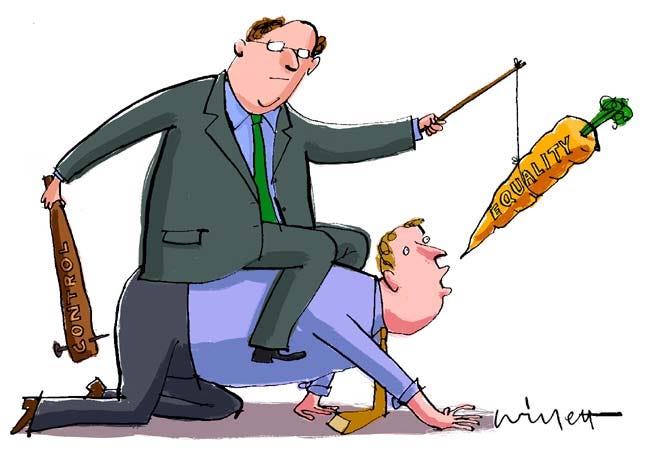Over the years there have been many proposals for rewarding and punishing, or not punishing behaviours. The current trend is to nudge people in the right direction – but this fails to account for deeply inbuilt personality types and subsequent different brain functioning. Let’s review how rewards and punishment drive motivation and behaviour.
Old logic sees punishment as motivation. Good ‘ole school systems used this: strict rules and give anyone who diverges of the righteous path a good beating. That will see them right. I grew up in Britain which still had the cane (a thin stick) as a punishment in schools – it was finally abolished when I was 14, but not after my brother and been given a good whipping at school. To be honest that didn’t bother him so much, it was a badge of honour in a boy’s school – the proverbial beating my mother gave him was much worse (she was a teacher to boot).
So, we see this pattern in society of severe punishment and this has slowly moderated over the centuries and recent decades. Now governments are using nudges and rewards to get people to behave in the right way. David Rock well known for coining term, neuroleadership, claims reward is the only path forward. Smacks of operant conditioning to me – was Skinner right all along? Doubtful – the brain, as always, will give us some answers.
The answers we need to first ask is that of motivation itself – if reward and punishment are seen as the means to an end i.e. a positive or effective behaviour, then we need to understand how the brain gets itself motivated. The research into motivation is long and complex and will break your patience for the moment, and break the word count for this article, as interested as you may be. Short advertising interlude: We do give a short but comprehensive overview in our Brain and Behaviour Online courses. Interlude finished. Motivational research can be broken down into what (content theories) and how (process theories). But of most interest to us is the concept of approach and avoidance.
Keep reading with a 7-day free trial
Subscribe to leading brains Review to keep reading this post and get 7 days of free access to the full post archives.




